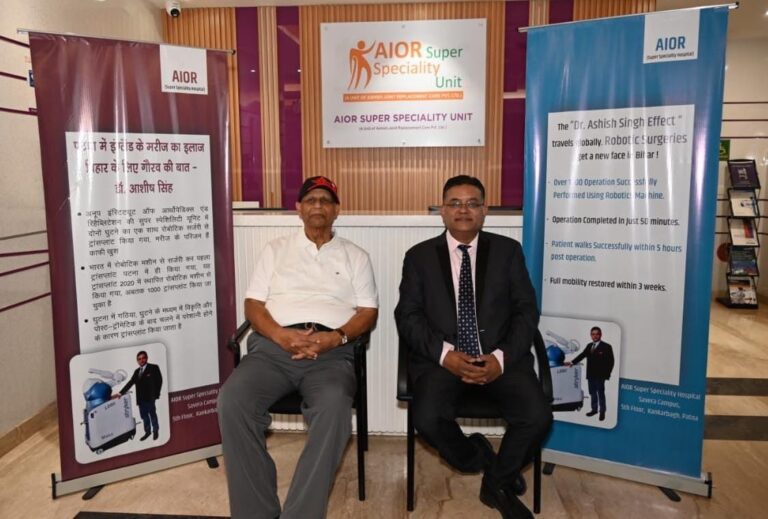Petrol prices were unchanged in Delhi at Rs 79.76/litre, while Diesel prices were hiked for the 18th straight day, at Rs 79.88/litre (increase by Rs 0.48 or 48 paise) on Wednesday.
For the first time, diesel will cost more than petrol in the national capital. According to the state-run Indian Oil Corporation, the rates will become effective from June 24 at 6am, states a report by the Business Today.
Over the last 18 days, the price of diesel has been hiked by Rs 10.48 a litre, while the petrol price has increased by Rs 8.50 per litre.
The domestic rate of auto fuels may also reportedly soon cross the Rs 80/litre-mark soon, taking cue from rising international oil prices.
Fuel will also rise in other states but diesel will remain cheaper owing to lower taxes imposed by the state governments. But the gap between the prices will lessen, the report states.
Due to a difference in international benchmark prices, petrol price is usually higher by Rs 5 to 8 than diesel. In early May, the two fuels had a gap of Rs 7.3/litre, but the proportion changed after hikes in VAT on them by the Delhi government.
In other metros, diesel maintains the tag of cheaper of the auto fuels with price differential between diesel and petrol prices remaining at about Rs 8 litre in Mumbai, Rs 6 a litre in Chennai and Kolkata.
Due to differential taxation structure at both Centre and the states, diesel prices in the country has always remained much cheaper than petrol. Globally though, diesel is the expensive of the auto fuels as the product has higher cost of production.
What has now made diesel prices higher in the capital is the Delhi government’s decision early May to increase Value Added Tax on diesel from 16.75 per cent to 30 per cent and on petrol from 27 per cent to 30 per cent. This increased the retail price of Diesel and petrol in Delhi by Rs 7.10 and Rs 1.67 a litre, respectively.
With central taxes on the two products already reaching identical levels, the Delhi governments move hastened price parity between petrol and diesel. Currently, the central excise on petrol is Rs 32.98 a litre while that on diesel it is Rs 31.83 a litre. VAT on petrol in Delhi is Rs 17.71 a litre that on diesel is Rs 17.60.
“Diesel price movement is sharper in international market and if oil companies follow the global price trend, diesel prices will remain higher. It is after many years that this happened and is expected to sustain for some time unless government changes the tax structure on petroleum products again,” said an oil sector expert from one of the big four audit and advisory firm asking not to be named.
Interestingly, even in India the base price of diesel is expensive than petrol. According to Indian Oil Corporation (IOC), while base price of petrol in Delhi currently comes to Rs 22.11 per litre, the same for diesel is higher at Rs 22.93 per litre (effective from June 16, 2020). This has been the case for a long time but retail prices of petrol came higher than diesel due to central and state taxes.
While movement of retail pricing is being seen with a sigh of relief by vehicle owners whose cars run on petrol, those buying the relatively expensive diesel cars are now repenting on their decision. The development is also being seen with caution by automobile companies who have spent millions to ramp up their facilities for diesel run vehicles. The expectation is that demand for such cars will now fall causing more damage to companies where sales are already impacted due to persistent economic slowdown and now the spread of COVID-19 pandemic.
“The pricing development would push automobile companies to apply strategies being followed by companies in western markets where diesel run cars are not sold on fuel pricing differential but on overall make and quality that puts them ahead of petrol run cars,” the the expert quoted earlier.
Yes, but for commercial vehicle sector the rising price of diesel had not been welcomed. In fact, the commercial transport sector had time and again threatened strike against the move to raise fuel prices.













